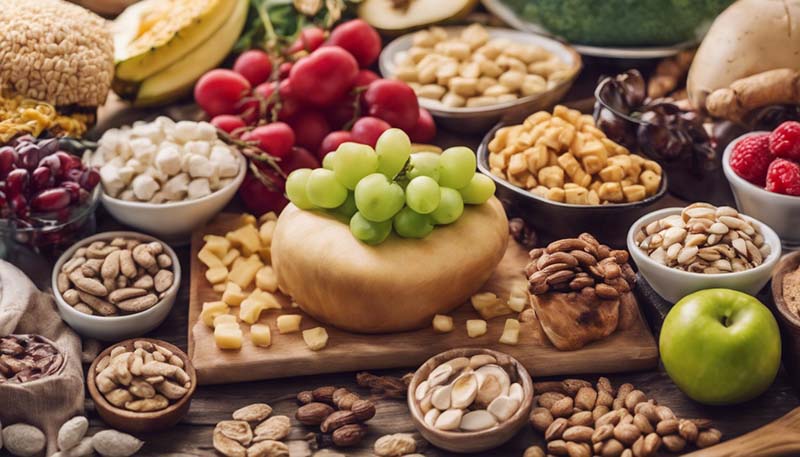Here is a possible article on the benefits of eating organic foods:
The Benefits of Eating Organic Foods
Introduction
In recent years, there has been a growing interest in organic foods, which are produced without the use of synthetic pesticides, fertilizers, and genetically modified organisms (GMOs). Many people choose to eat organic foods for a variety of reasons, including potential health benefits, environmental sustainability, and ethical considerations. In this article, we will explore the various benefits of eating organic foods and discuss the potential drawbacks.
1. Health Benefits
One of the main reasons people choose to eat organic foods is the potential for improved health. Here are some of the key health benefits associated with organic foods:
a. Reduced exposure to pesticides
Organic farming practices limit the use of synthetic pesticides, which can be harmful to human health. By choosing organic foods, you can reduce your exposure to these chemicals and potentially lower your risk of developing health problems related to pesticide exposure.
b. Higher nutrient content
Some studies have suggested that organic foods may have higher levels of certain nutrients, such as antioxidants and essential minerals, compared to conventionally grown foods. While more research is needed to confirm these findings, many people believe that organic foods are more nutritious and beneficial for their health.
c. Improved gut health
Organic foods are often higher in fiber and beneficial bacteria, which can promote a healthy gut microbiome. A healthy gut is important for overall health and well-being, as it plays a key role in digestion, nutrient absorption, and immune function.
d. Reduced risk of foodborne illnesses
Organic farming practices may also reduce the risk of foodborne illnesses, as they typically do not involve the use of antibiotics or other drugs that can contribute to antibiotic resistance.
2. Environmental Benefits
In addition to the potential health benefits, there are several environmental advantages to choosing organic foods:
a. Reduced use of synthetic chemicals
Organic farming practices limit the use of synthetic pesticides, fertilizers, and GMOs, which can have negative impacts on the environment. By choosing organic foods, you can support a more sustainable and environmentally friendly approach to agriculture.
b. Improved soil health
Organic farming practices often focus on improving soil health and fertility, which can help to reduce soil erosion and degradation. This can lead to more resilient and productive agricultural systems that are better able to withstand the impacts of climate change.
c. Reduced greenhouse gas emissions
Organic farming practices can also help to reduce greenhouse gas emissions, as they typically involve more sustainable and energy-efficient methods of production.
3. Ethical Considerations
Finally, many people choose to eat organic foods for ethical reasons. Here are some of the key ethical considerations associated with organic farming:
a. Animal welfare
Organic farming practices typically prioritize the welfare of animals, ensuring that they are raised in humane and healthy conditions. This can be important for people who are concerned about animal rights and animal welfare.
b. Fair labor practices
Organic farming operations are often more likely to follow fair labor practices, paying fair wages and providing safe working conditions for their employees.
c. Support for small farmers
Choosing organic foods can also help to support small farmers and local food systems, which can have a positive impact on rural economies and communities.
Conclusion
In conclusion, there are many potential benefits to eating organic foods, including improved health, environmental sustainability, and ethical considerations. While organic foods may be more expensive than conventionally grown options, many people believe that the potential benefits outweigh the costs. As with any dietary choice, it is important to do your own research and make informed decisions about what is best for you and your family.






























Join the discussion